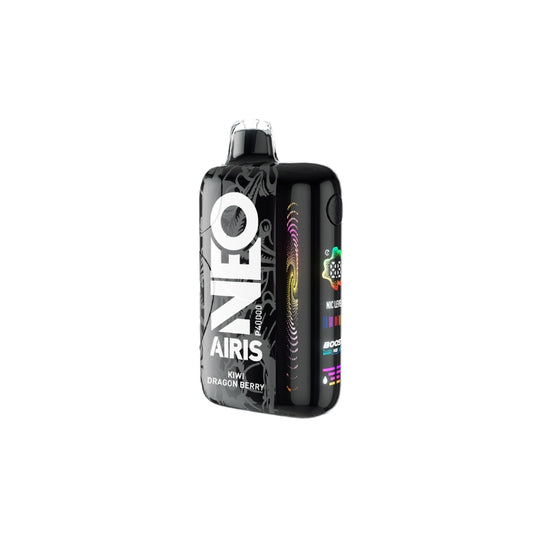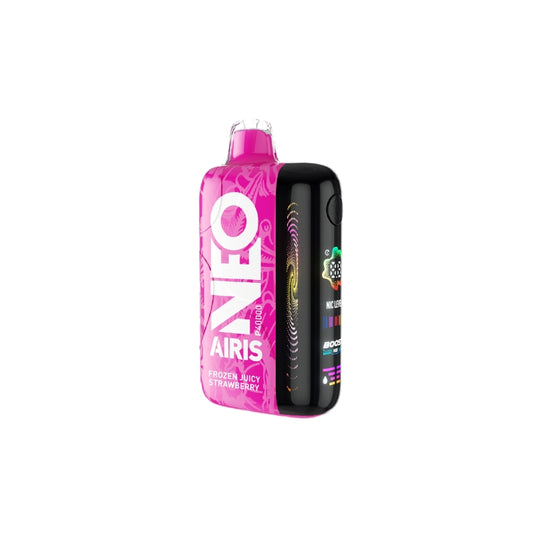ZYN and Cancer Concerns: Unraveling the Truth
Does ZYN Cause Cancer?
ZYN: A Popular Choice for Nicotine Replacement
ZYN is a popular brand of nicotine pouches that has gained a reputation for its discreet and convenient nicotine delivery system. However, with any product that involves nicotine, concerns about health risks, including cancer, are inevitable. This article aims to provide a comprehensive overview of the current understanding of ZYN and cancer, based on scientific research and expert opinions.
1. Understanding ZYN
ZYN is a smoke-free nicotine product that comes in various flavors and strengths. It is designed to provide a nicotine fix without the need for combustion, which is a significant source of harmful chemicals in traditional tobacco products. The primary components of ZYN include nicotine, flavorings, and a carrier material.
2. Nicotine and Cancer Risk
The primary concern with any nicotine product is the potential link between nicotine and cancer. While nicotine itself is not a carcinogen, it is a highly addictive substance that can lead to the use of more dangerous substances, such as tobacco. However, the evidence linking nicotine directly to cancer is limited and inconclusive.
3. Harm Reduction Potential
One of the key benefits of ZYN is its potential as a harm reduction tool for smokers. Since it does not involve combustion, it eliminates the exposure to many of the harmful chemicals found in cigarette smoke, which are known carcinogens. This could potentially reduce the cancer risk associated with smoking.
4. The Role of Flavorings
The flavorings used in ZYN are another area of concern. While these ingredients are generally considered safe for consumption, their safety in the context of nicotine delivery systems is not as well-established. Some studies have suggested that certain flavorings may have harmful effects when inhaled or when used in conjunction with nicotine.
5. The Importance of Regulation
The regulation of nicotine products, including ZYN, is crucial for ensuring consumer safety. Regulatory bodies, such as the Food and Drug Administration (FDA) in the United States, are responsible for evaluating the safety of these products and setting appropriate standards.
6. Individual Risk Factors
It's important to note that cancer risk is influenced by a variety of factors, including genetics, lifestyle, and environmental exposures. While ZYN may not be a significant cancer risk on its own, it is essential to consider the broader context of an individual's health and risk factors.
7. Staying Informed
As research on ZYN and other nicotine products continues to evolve, it's crucial to stay informed and make decisions based on the best available evidence. Consult with healthcare professionals and consider your personal risk factors when deciding whether to use ZYN or other nicotine replacement products.
Conclusion
In conclusion, the link between ZYN and cancer is not well-established, and more research is needed to fully understand the risks and benefits. However, it's clear that ZYN offers a potentially less harmful alternative to traditional smoking. As with any nicotine product, it's essential to use these products responsibly and be aware of the potential risks.




